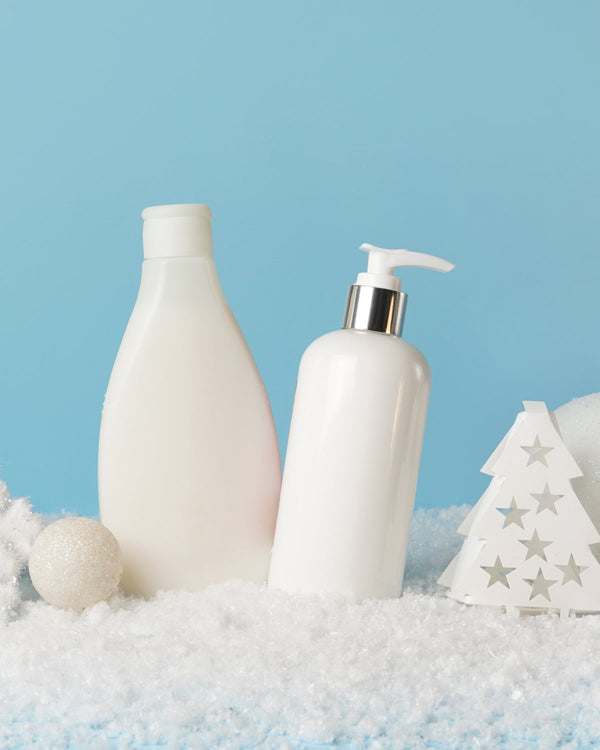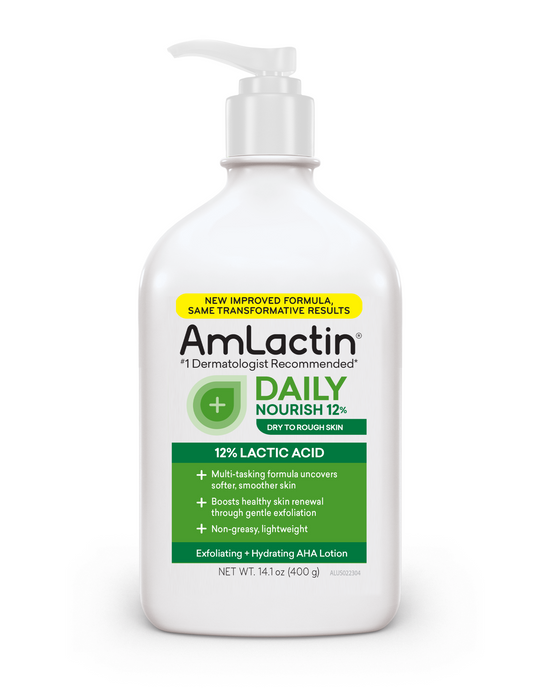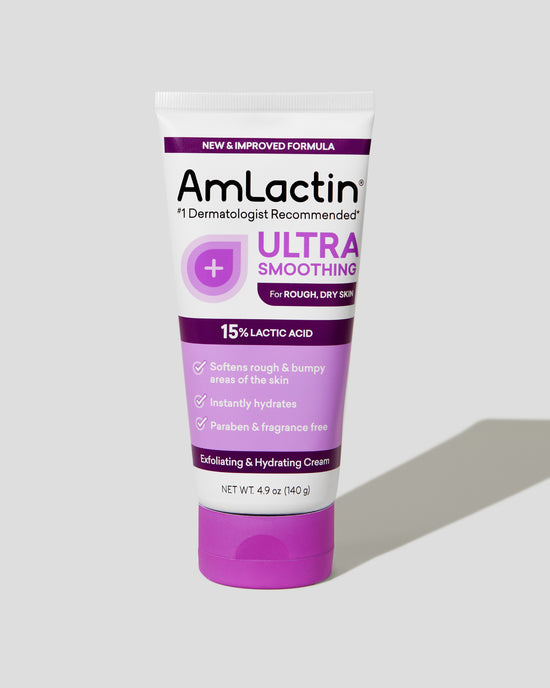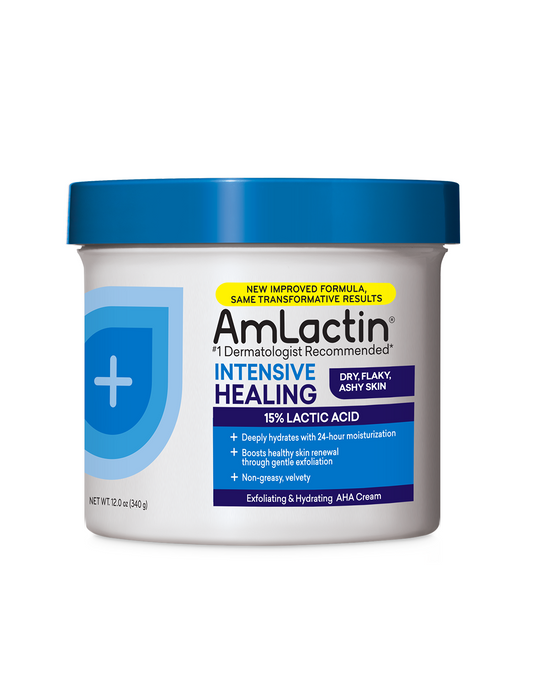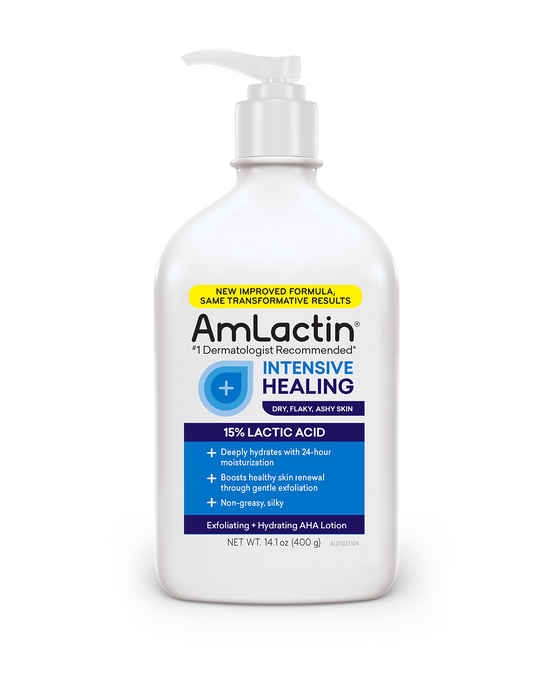Just as you switch out your clothing from season to season, you should also adjust your skin care routine—not just for your face, but for your whole body.
Winter, in particular, can be harsh on skin, especially skin that’s sensitive or dry to begin with. With the cold weather and lack of humidity, it becomes harder for skin to retain moisture. If you’re not moisturizing enough, you may feel itchy and your skin can become dry and cracked, especially your fingers, hands, and even lips.
Moisturizing properly, however, is not the only step you must take in winter months, so use these tips to help protect your skin throughout the colder days and nights.
8 Tips for a Winter Body Skin Care Routine that Helps Prevent Dry Skin
What you don’t want in wintertime is anything that can irritate your skin. The freezing temperatures, cold winds, and lack of humidity will do enough of that already. Here are tips to help you adapt your body skin care routine for dry skin and winter conditions.
- Use creams instead of lotions.
Lighter lotions are great in the summertime when you don’t want anything heavy on your skin. Winter is the opposite. You want products that won’t evaporate quickly and can lock in moisture effectively, so that you don’t end up with dry, flaky, or ashy skin. Look for products that are formulated to gently exfoliate and penetrate deeper layers of the skin. For example, the lactic acid in AmLactin skin creams is a gentle alpha-hydroxy acid (AHA). This ingredient helps remove dead skin cells from the skin's surface, plus acts as a deeply hydrating moisturizer. When you use it regularly, lactic-acid-based skin creams work with your skin's natural renewal process through gentle exfoliation..
Other hydrating ingredients to look for include glycerin (or glycerol), hyaluronic acid, propylene glycol, urea, and aloe. Like lactic acid, these ingredients are considered “humectants”— they work by drawing and locking moisture in the epidermis, the outermost layer of skin.
- Wear gloves on your hands and moisturize regularly.
When you are outside in cold temps or inside washing dishes or cleaning your home, wear gloves to protect the skin on your hands from the elements. It doesn’t take long for exposed skin to become chapped and raw. Wash your hands after doing any household cleaning and apply hand cream to lock that moisture in.
- Take warm showers or baths instead of hot.
While a hot shower may feel terrific on an icy morning, warm (or cool) water is better for your skin. Hot water can strip the natural oils from your skin and prevent cells from retaining moisture. If you already have sensitive skin or a skin condition like eczema, hot water can make skin even more dry and itchy. After each shower or bath, be sure to pat dry and immediately, apply a daily moisturizing cream or, if your skin needs extra attention, our Ultra Smoothing Cream, to lock in moisture for smoother, softer skin.
- Use gentle skin cleansers.
The detergents and fragrances in many soaps and body washes can be irritating to skin and strip skin of its natural oils. Look for gentle skin cleansers and body washes that are fragrance free or made specifically for sensitive skin.
AmLactin products have no fragrances or perfumes because research has shown that these fragrances can irritate, dry, and weaken the skin. Scented skin care products can be particularly irritating for people who have sensitive skin and certain skin conditions.
- Stay hydrated.
You’re probably great at staying hydrated in the summer because you’re more active or simply because you have more tangible cues to drink—like feeling hot and sweaty. Our body still needs water and fluids in the winter, but we may not see or feel those thirst cues as much. Drink water throughout the day as part of your regular routine, so you can help restore the fluids your body’s cells and organs (including the skin) need.
- Use a humidifier and turn down the heat.
It’s tempting to turn up the heat inside when you’ve just been in freezing or below-freezing temperatures outside. But did you know that indoor heat typically lacks humidity and is therefore very drying to your skin and nasal passages?
There are two ways to combat this: (1) Wear more layers of clothing inside so you can stay comfortable at lower temperatures, such as setting your thermostat at 68 degrees instead of 72 or even 70 instead of 75. (2) Use a humidifier during winter to keep indoor humidity between 40% and 60%. While a whole-house humidifier keeps your indoor humidity levels balanced without much attention from you, a room humidifier is a good substitute. Using a filtered, cool-mist humidifier in your bedroom while you sleep can help prevent dry skin and help you sleep better.
- Eat hydrating foods.
Our skin often reflects what we eat. Eating foods high in antioxidants (such as olives, berries, tomatoes, and spinach) and omega-3 fatty acids (such as walnuts, avocados, wild salmon, and other fatty fish) can help keep skin cells healthy. Not only do nutrients like these promote healthy cell production, they can also help protect your body’s cells from environmental damage. You also might be surprised to know that sweet potatoes and pumpkin are good for skin too, because of their water content and skin-friendly nutrients like beta carotene, vitamin C, and vitamin A.
- Keep using sunscreen.
Many people think they don’t need to use sunscreen during winter months. While it’s true that the sun’s rays are not as strong at this time, ultraviolet (UV) sun rays can still damage any exposed skin. Since your face is the most exposed part of your body during winter, be sure to use a moisturizer with a sun protection factor (SPF) built in or add sunscreen as your last step. This is even more important after snow falls, even on seemingly cloudy days. Sun reflecting off of snow can easily burn any exposed skin. Remember to use lip balm with SPF and wear sunglasses too.
Exfoliating in Winter: What You Should Know
When skin is dry, the outermost skin cells do not shed easily and build up dulling your skin. This results in flaky or ashy areas as well. Exfoliation helps remove these dead skin cells making your skin smoother, shinier, and less dull.
Because skin tends to be more sensitive in the winter, it’s even more important to exfoliate gently by using gentle daily exfoliation products rather than stronger peels, scrubs, or ingredients like retinol. Using more harsh exfoliating products or techniques can actually make your skin even more dry and sensitive to the harsh conditions of winter.
As always, remember that using any exfoliating creams or products can make your skin more sensitive to the UV rays of the sun. So, be sure to follow tip number 8 above and always wear sunscreen on any exposed areas of skin if you plan to be outdoors.

